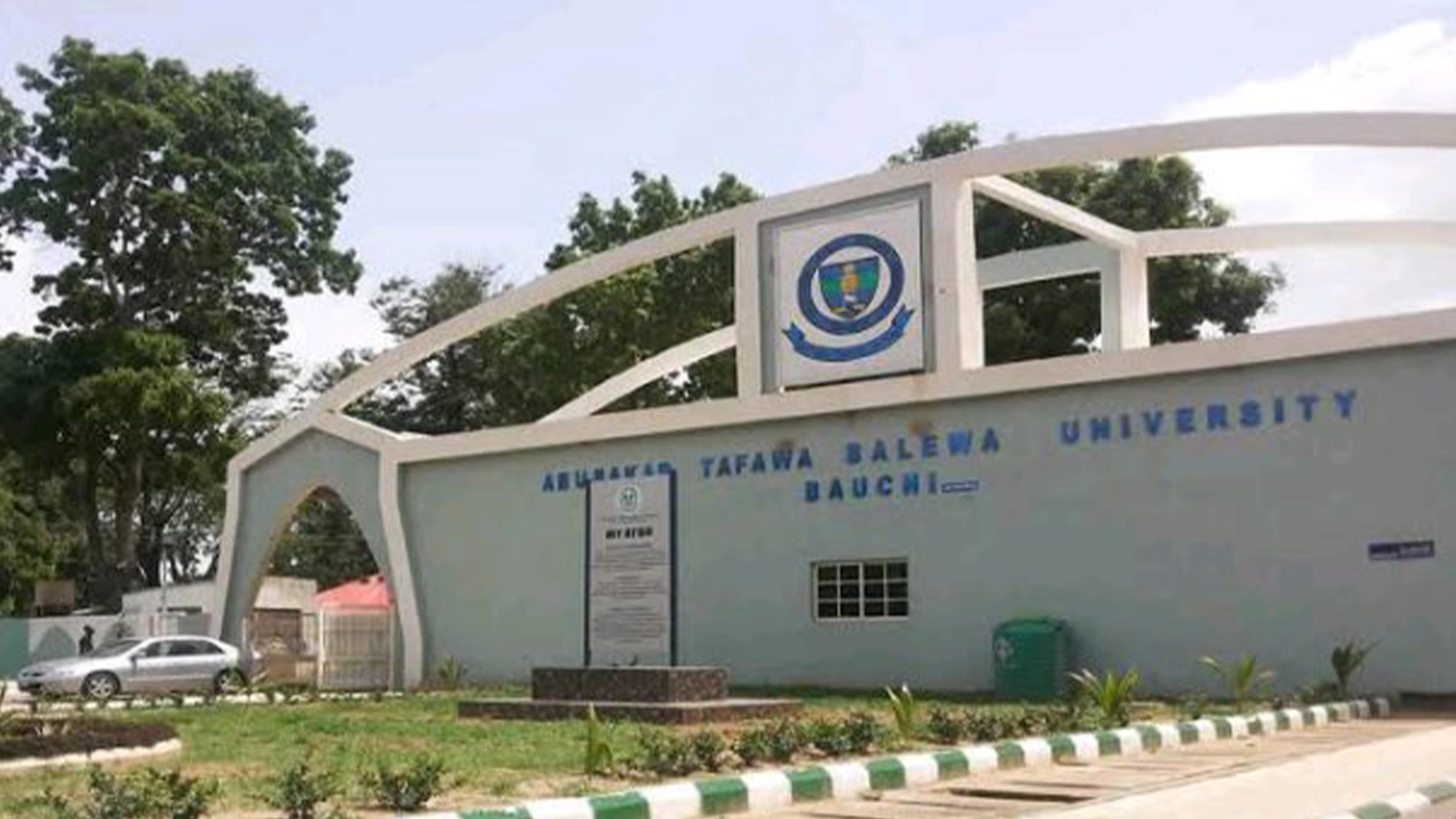
…Sorry, I can’t understand you
I attended a conference in Montevideo a couple of years ago. It was my first time in a city where almost no one spoke any English, with Spanish being the lingua franca. I knew only a few words in Spanish but was determined to get by somehow. Most of the conference was in English as a large chunk of the speakers were from outside the country. Still, there was a Spanish session which I decided to attend, just because I thought it would be interesting to see if I would actually be able to keep up. You can probably guess how that went. Needless to say, I had never felt so illiterate in my entire life, and gained absolutely nothing that day.
It’s not too difficult to understand why. It’s obviously not because I did not try. I actually went to the session intent on listening and learning. It’s also not because I lacked the mental capacity to grasp what was being presented. I probably did. The reason I gained nothing is a very simple one. I just could not understand the speakers. Words were coming out of their mouths, but those words sounded like gibberish to me because I do not speak Spanish.
When thinking about poor performance in the North we often overlook a important part of learning, which is actually being able to understand the teachers. To a large extent, it does not matter how nice the classrooms are, it does not matter how well equipped with books and other education equipment the schools are, it does not matter how much food the kids eat, in general if the children cannot understand their teachers then they are not going learn. Or to put it differently, children find it a lot more difficult to learn if they must learn in a language that they do not speak at home.
Of course, this is not something that is news. Countless studies have demonstrated that on average student performance tends to increase a lot when children have the opportunity to learn and express themselves in the language they speak at home, especially learning at a very early age. In the Nigerian context, this would be synonymous to learning in English in school when you speak very little English at home.
English is, of course, the lingua franca in Nigeria and despite 50 plus years of independence we have failed to promote local language learning. To the best of my knowledge we have failed to make any effort to promote local language instruction. Not in the translation of texts, or in the training of teachers, or even in the official acknowledgment that this is something we should be doing. The official reason is something about national unity but don’t quote me.
The peculiarity of our history is that the parts of the country where there is less likely to be an English speaker in the household, and where children are less likely to speak any English, is the north. The factors most correlated with any given child’s probability of speaking English is where a missionary set up shop in the 1900s, and if they happened to not be part of the Sokoto caliphate or Kanem Bornu empire. Reasons which have absolutely nothing to do with children born today. The children from these areas however continue to suffer the brunt of our failures to think about how best to teach children.
To be fair, for many local languages, there just are not enough speakers to justify the investment in trying to develop local language instruction. It is however a shame that after 50 plus years of independence you still cannot learn about Newtons laws of physics, or the works of Adam Smith, or the foundations of basic computing in the most widely spoken language in Nigeria.
And so, after the kids in the north suffer from the nutrition disadvantage, they walk into classrooms where, for the large part, they must learn in a language that sounds close to gibberish. Can we then really be surprised by the relatively poor performance? But the problems do not stop there. More in the next episode.
Note: English is the global lingua franca, and everyone should probably learn English, even if as a second language. But is English a prerequisite for learning? Two simple questions should clear this. First, of the fastest growing economies over the last 50 years, how many actually taught their kids in English? Secondly, if you happened to go back in time to London in the 1409 and asked any of the English speakers about “computers”, would they understand you?
Nonso Obikili is an economist currently roaming somewhere between Nigeria and South Africa. The opinions expressed in this article are the author’s and do not reflect the views of his employers.
[ad unit=2]






